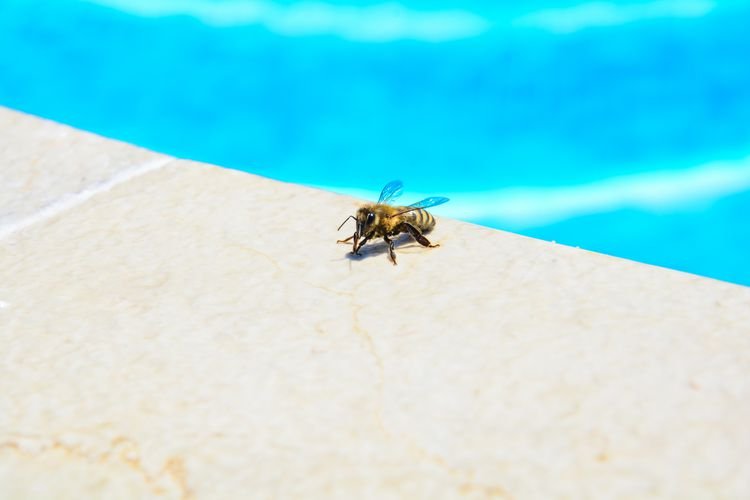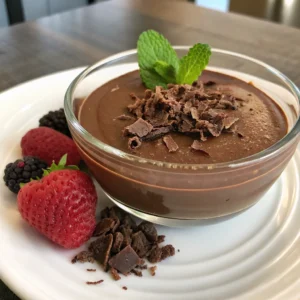
Bees are vital to the ecosystem, and I’m a big believer in protecting pollinators — but when I’m trying to relax by the pool and they’re swarming the water’s edge, it can quickly become a problem. I used to think there wasn’t a way to enjoy my pool without shooing away a dozen bees every few minutes. Turns out, there are smart, humane solutions that work — and I’m sharing the ones that have made a huge difference in my backyard.
With a few tweaks and some clever prevention strategies, I’ve learned how to gently redirect bees away from the pool without harming them or disrupting their role in the environment. If you’re dealing with the same issue, here’s how I manage it.
Why Bees Love Pools (And Why It’s Not Personal)
Bees are simply looking for water. In hot weather, they need it for cooling the hive and keeping hydrated. Chlorinated pools, despite the chemicals, still attract them because of the smell and the reflective water surface. While bees aren’t aggressive by nature, nobody wants to get stung while doing laps or lounging with a drink.
The key is to make your pool less attractive — and offer them a better option.
Step-by-Step: How I Deter Bees Without Harming Them
1. Create an Alternative Water Source
This is the game-changer. I set up a bee-friendly water station away from the pool, using a shallow dish or birdbath filled with fresh water. I add marbles, small rocks, or wine corks so the bees have somewhere to land without drowning. I keep it in a sunny, low-traffic area and refill it daily.
Within days, the bees started gravitating toward the new source. They just needed a safe place to hydrate that wasn’t my pool.
2. Remove Scented Temptations
Bees are drawn to strong fragrances. I stopped using heavily scented sunscreen, lotions, and drinks when sitting poolside. I also moved my flowering potted plants a bit farther from the pool. Even citrus or sugary drinks can attract bees, so I keep lids on everything and serve sweet cocktails away from the water.
3. Use Unscented Pool Products
Chlorine isn’t the only scent that attracts insects. I switched to unscented or low-scent pool maintenance products and avoided strong-smelling cleaning agents around the deck. Less scent means fewer reasons for bees to stop by.
4. Add a Pool Cover When Not in Use
I started covering my pool during the hottest part of the day when we weren’t using it. A simple cover drastically reduces how many bees land and hover near the water. It also helps with evaporation and keeps debris out, so it’s a win-win.
5. Distract With Decoys
I was surprised to learn that some people use floating fake bees or wasp decoys to deter real bees. The idea is that bees are territorial — they won’t enter a space that seems “claimed.” I tried it with mixed results, but it’s worth experimenting if nothing else is working.
Bonus Tips That Helped Me
- Install a small fan near the pool area. Bees dislike wind, so a fan not only keeps you cool but creates a less inviting environment for hovering insects.
- Keep the pool area clean. Food scraps, spilled soda, or fallen fruit will only invite more bee activity.
- Avoid bright colors and floral patterns. Bees are naturally drawn to these visuals, so I save those outfits for non-pool days.
What NOT to Do
As tempting as it may be, never use pesticides or traps near your pool. Not only are they harmful to beneficial insects, but they can also pose health risks to you, pets, and kids. Bees are crucial to pollination and local ecosystems — we want to redirect them, not eliminate them.
Why These Tips Work for Me
Since I started using these methods, my pool has become a much calmer, bee-free zone. The bees are still around — just where they belong: near the garden or their water station. And I get to swim, sunbathe, and entertain without that low-level buzz of anxiety.
If you’ve been struggling with bees invading your pool area, I hope these simple, non-invasive strategies help you reclaim your space while keeping nature in balance. It’s all about working with the bees, not against them.




Leave a Reply